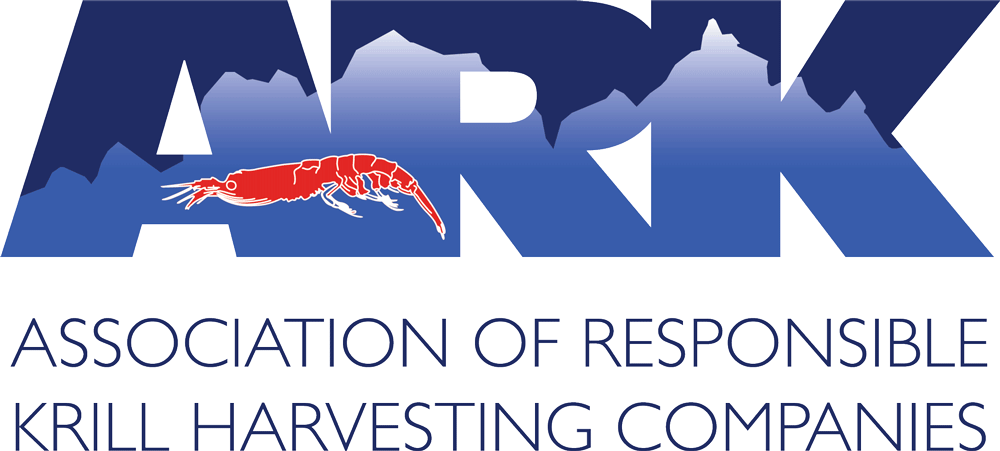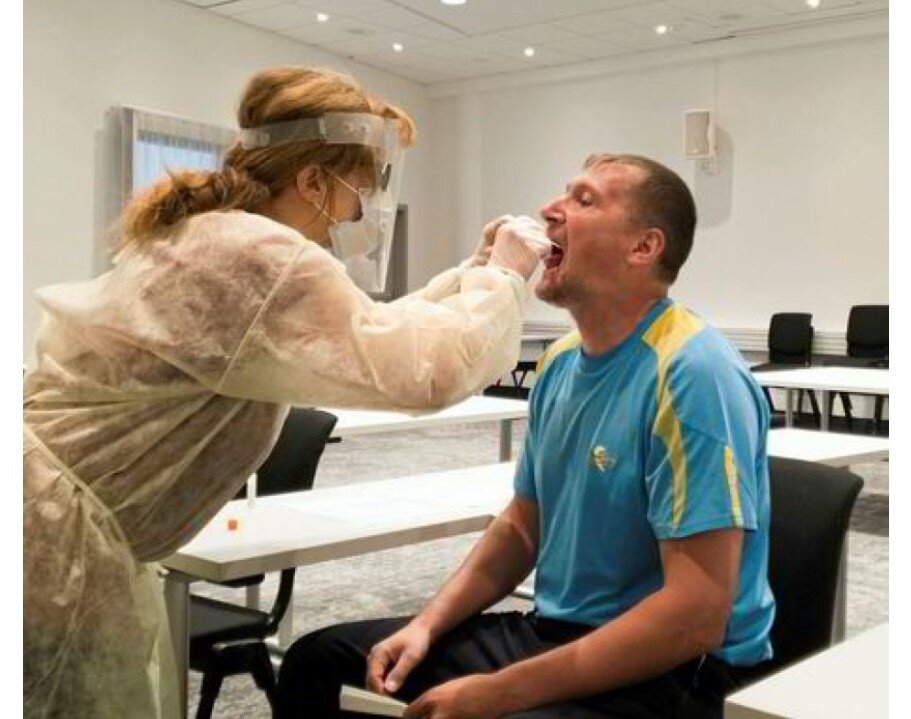Fishing in times of COVID
Can you imagine working away from home, in an enclosed environment and in close contact with co-workers, days away from the closest city, and developing a case of COVID-19? This far-fetched scenario is not out of a thriller movie but the reality of crews working on vessels in Antarctica amid the pandemic.
ARK members have been taking all the necessary precautions to avoid this event on their vessels. Crews are brought to boarding ports two weeks in advance and quarantined before departing; flights have been chartered to avoid contact with other people or just because there are no, or very limited, commercial flights into most cities in South America, from where a significant portion of the fleet depart; strict diagnoses tests are taken before flying to, on arrival at, and once again before departing to sea. Similarly, in Shanghai (China) the crew is tested before boarding, asked to wear masks and protective equipment while in port, and temperatures checked twice daily. Once at sea, the crew is asked to avoid contact with personnel outside the vessel, such as crew members from carriers during transshipment.
These measures have demanded complex logistics to secure the crew's safety at sea and when crew exchange occurs. Some companies have opted for employing local seamen only, avoiding international travel, and in many cases, also prolonging the shifts at sea.
Getting to port and returning home has not been easy either. With lockdowns imposed in many cities, port operations have been reduced to a fraction of the usual buzz; offloading operations, immigrations, and catching a flight back home have been harrowing experiences.
Nonetheless, we are thankful that all these precautions seem to be working, and we have not got any COVID case onboard our vessels.
An Aker BioMarine crew member is tested for coronavirus (© Aker BioMarine).

